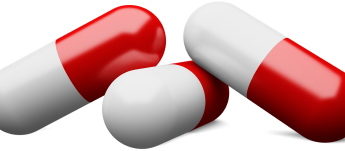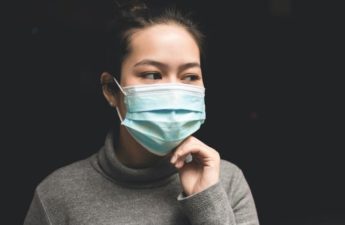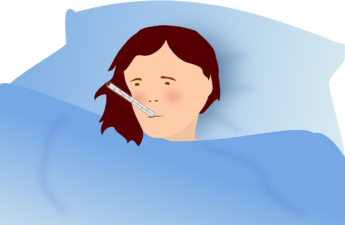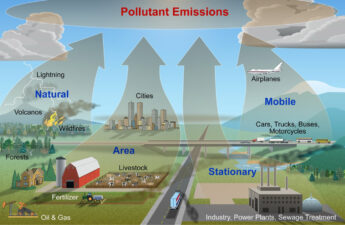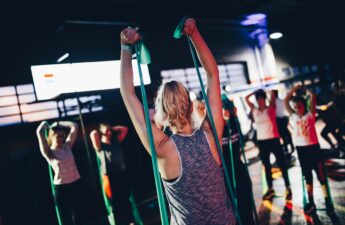Category: Prevention
For healthy adults, taking multivitamins daily is not associated with a lower risk of death
The analysis showed that people who took daily multivitamins did not have a lower risk of death from any cause than people who took no multivitamins. There were also no differences in mortality from cancer, heart disease, or cerebrovascular diseases.
Four steps to stay safe from wildfire smoke this summer
Breathing wildfire smoke can harm everyone’s lungs, heart, and overall health. And this year we’re expecting hotter weather and less rain—meaning more smoky days.
Masks work, our comprehensive review has found
The more people wore their masks, the more effective the masks turned out to be.
12 Tips for Beach Safety: Safe Fun in the Sun, Sand and Sea from Pediatricians
Whether your favorite spot is near the ocean or the edge of a river or lake, it’s always best to prepare for your surroundings and make sure that health hazards don’t spoil your good time.
ASK PUBLIC HEALTH: WHAT ARE THE LATEST RECOMMENDATIONS FOR STAYING AT HOME WHEN SICK?
We sat down with Dr. Eric Chow, Chief of Communicable Disease at Public Health – Seattle & King County to get the latest update and hear what our community can do to continue to prevent illness and what parents, schools, and our community should know.
What are the health costs of air pollution, and what can we do about it?
Have you ever noticed the hazy smog that hangs over cities or the lingering smell of exhaust fumes from traffic? These are just a few noticeable signs of air pollution, a threat that can have a significant effect on our health and well-being.
Some Medicines and Driving Don’t Mix
Although many medicines will not affect your ability to drive, some nonprescription and prescription medications can have side effects that may make it unsafe to drive or operate other heavy machinery.
Women may realize health benefits of regular exercise more than men
Even when women and men get the same amount of physical activity, the risk of premature death is lower for women, NIH study finds
It’s time for a heart-to-heart about women’s cardiovascular health, unique risk factors and symptoms
Although cardiovascular disease is often considered a disease of men, women are more likely to die from a heart attack when compared with men. This fact often surprises women and even their health-care providers. Many women are not aware that heart disease is a significant health threat to them, but the reality is that five times as many women die from heart disease as breast cancer.
Reduce Radon for a Safer Home –
Radon is a naturally occurring radioactive gas. We can’t see it, taste it, or smell it, but it is the leading cause of lung cancer among nonsmokers in the United States. Radon is responsible for about 21,000 deaths in the United States each year.
Resources and emergency shelters available statewide to keep people safe and warm during dangerously cold winter weather
Cold weather can be very dangerous if you are not prepared, particularly for people without homes, the elderly, and those with medical conditions. Health risks include hypothermia, frostbite, falls, vehicle accidents, and carbon monoxide poisoning from improper indoor use of fires or generators. Winter storms can make these problems worse by causing power outages and property damage.
As Zepbound dominates headlines as a new obesity-fighting drug, a nutritionist warns that weight loss shouldn’t be the only goal
Weight loss medications are intended to be used in conjunction with lifestyle changes, such as exercise and a healthy diet. But too often, people view them as a silver bullet for weight loss. And the high price tag and variable insurance coverage for these popular weight loss drugs create a barrier for many people.
GET READY FOR WINTER WEATHER, INCLUDING POWER OUTAGES AND ROAD CLOSURES
We’re expecting high winds and gusts starting in the early morning on Tuesday, January 9 and continuing through the day, which could take down power lines and cause outages. This weekend, January 12-14, light snow might cover roads and disrupt travel.
Cardio or weights first? A kinesiologist explains how to optimize the order of your exercise routine
When you enter the gym, which way should you head first? Toward the treadmills and spin studio to get your sweat on with a cardio session? Or toward the free weights and strength-training machines to do some resistance training? The answer to this question is … it depends.
Six ways to look after your eyes in 2024
Reducing the risk of eye diseases involves adopting a combination of lifestyle changes, protective measures, and regular eye care. Here are six ways to look after your eyes in 2024.
